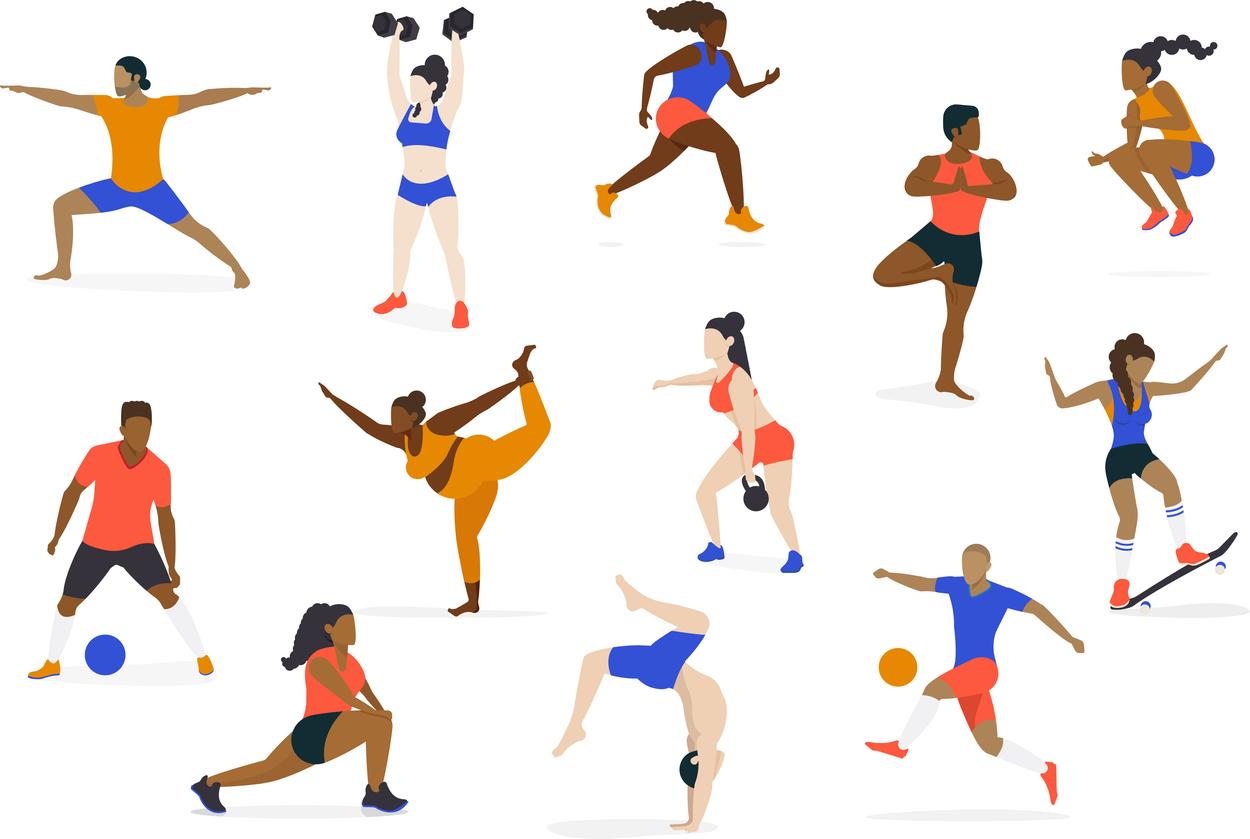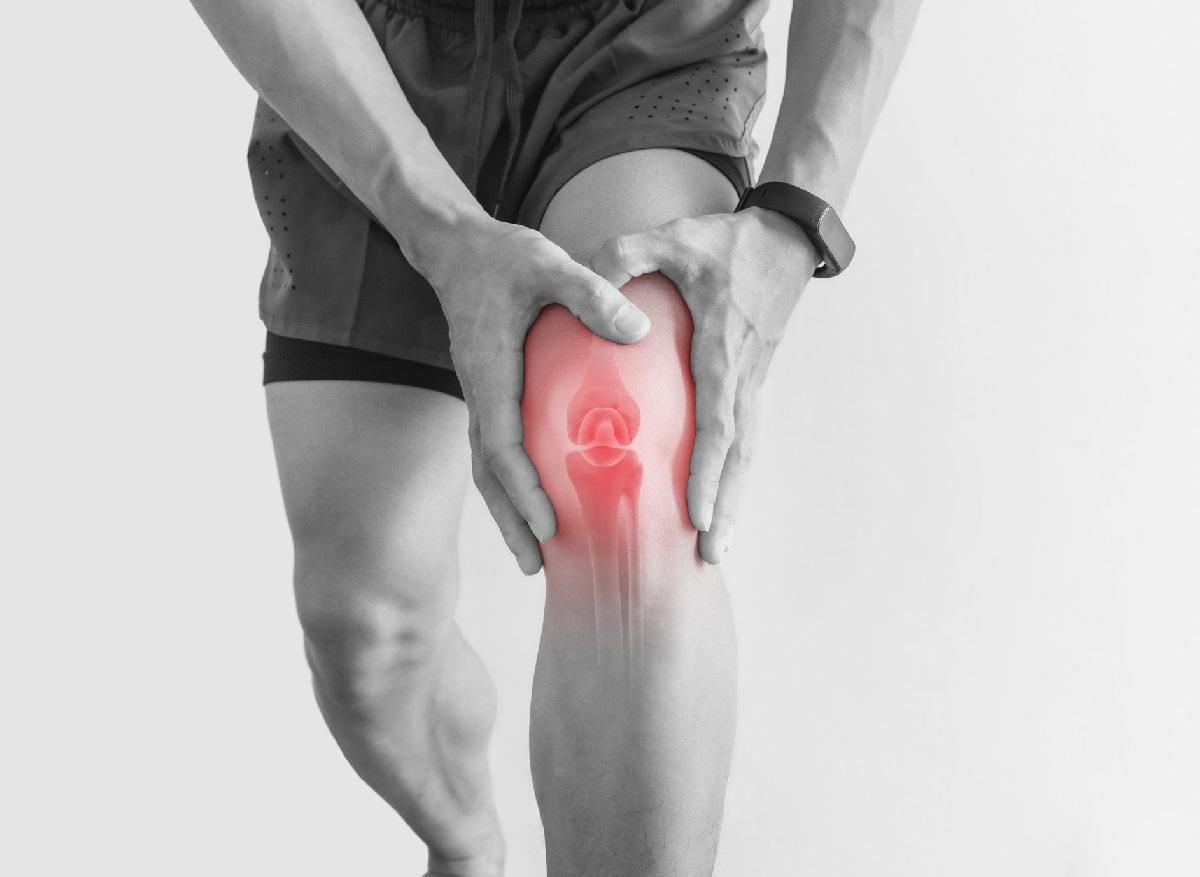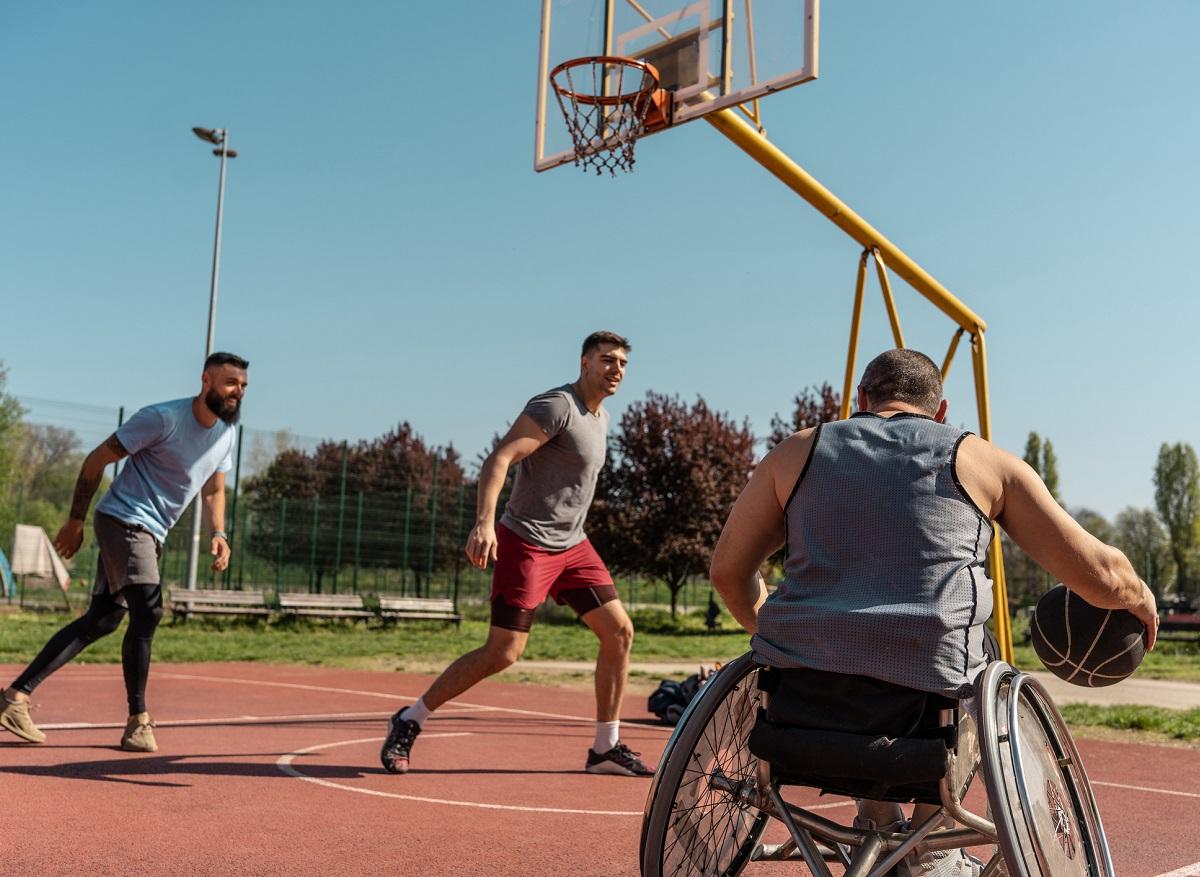A study reveals that certain personality profiles, such as extroversion or neuroticism, can have a significant impact on our way of practicing sport and living a sedentary lifestyle.

- According to a study, personalities with a “resilient” profile (conscientious, extroverted) tend to practice prolonged and regular physical activities, often in organized groups.
- Conversely, “fragile” individuals (high neuroticism) frequently interrupt their sedentary lifestyle, favoring light and faster activities.
- A high ratio of physical activity time to sedentary time is observed in resilient and ordinary profiles, which is favorable for health and longevity.
Would our sporting practice be predetermined by our character? According to a study conducted by the University of Jyväskylä (Finland), personality traits could play an important role in the frequency and nature of our physical activities, as well as in the way we are sedentary.
The research, published inInternational Journal of Behavioral Nutrition and Physical Activityfocused on five personality traits: resilient, fragile, overcontrolled, undercontrolled, and ordinary, each representing a specific combination of traits like openness, agreeableness, conscientiousness, extroversion, and neuroticism (a mood disorder specific to people who experience more negative emotions). These profiles were followed in the same people aged 33 to 61, allowing observation of their behavior in terms of sedentary lifestyle and physical activity.
Physical activity or sedentary behavior depending on the personality
The results show that people with the profile “resilient”characterized by strong conscientiousness (in the conscientious sense) and marked extroversion, combine their periods of physical activity and sedentary lifestyle in a prolonged manner. Clearly, they are more likely to do sports intensely for several months (in particular because they are often engaged in group activities) while then spending long periods of sedentary lifestyle.
For their part, people with a profile “fragile”often associated with a high level of neuroticism, have a greater need to frequently interrupt their sedentary moments, and prefer to practice briefer and lighter physical activities. This behavior, “motivated by a certain discomfort in remaining inactive for a long time” according to a press releasecan also have health benefits, by reducing the risks associated with a prolonged sedentary lifestyle.
Adapt lifestyle based on character traits
The researchers were also interested in the proportion of moderate to intense physical activity compared to periods of sedentary lifestyle, a relevant ratio for reducing mortality risks after age 50. Although the results did not show significant differences between the profiles in terms of overall amounts of activity and sedentary lifestyle, the profiles “resilient” And “ordinary” showed ratios considered particularly favorable. Namely more time of physical activity than time of sedentary lifestyle, which is associated with a reduced risk of mortality.
By identifying personality traits associated with health-promoting behaviors, this study opens avenues for better adapting lifestyle recommendations based on individual profiles. The personalities “resilient” could benefit from an incentive to maintain their sports routines, while profiles more “fragile” could be encouraged to opt for moderate and short activities.
















